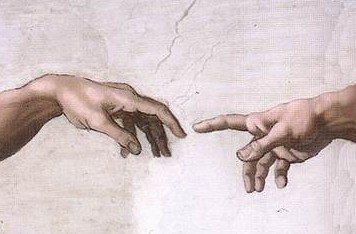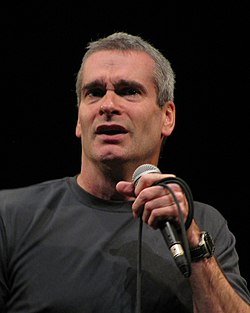It's been a long time since I've posted -- a demanding job, a young(ish) child, and two cross-country moves have definitely hurt any sporadic groove I might have somewhat conjured up. Thought I'd return to mark the anniversary of Sleater-Kinney's Dig Me Out.
Years ago, in my rustic little shotgun shack in Sierra Madre, I popped a hand-made cassette into my pathetic little boombox. It was by a band I'd never heard of called Sleater-Kinney and the publicist had sent it to me because I'd written about someone -- Elliott Smith? -- and she'd thought I might like this new all-female trio from the Pacific Northwest. I'd love to say that I was instantly hooked, but I wasn't: The sound was strange and rough. The music felt like it was coming from the outer reaches of the moon. While I generally liked oddities, my reaction was a far cry from the lightning bolt that hit when I first hit play on Elliott Smith.
And so Sleater-Kinney's Dig Me Out, released two years later, nearly knocked me off my feet. The combination of Corin Tucker's punch-to-the-head delivery, Carrie Brownstein's fierce guitar work, Janet Weiss' blues-based drumming -- all combined to create an album that was incredibly intense and highly melodic. It was an absolutely unstoppable masterwork bringing together heart, head, and machine.
 |
| Photo by Robert Paul Maxwell. |
Years later, the power of the album remains strong enough to earn its place as one of the '90s top albums and definitely an indie rock masterpiece. One of my regrets is not giving this record the four-star review that it clearly deserved. My original Los Angeles Times review of the record did not include the one-half star that Robert Hilburn urged me to add when he'd read it, but you can sense the enthusiasm here and in my review of their corresponding show at the El Rey.
Every now and then Hilburn was right.















